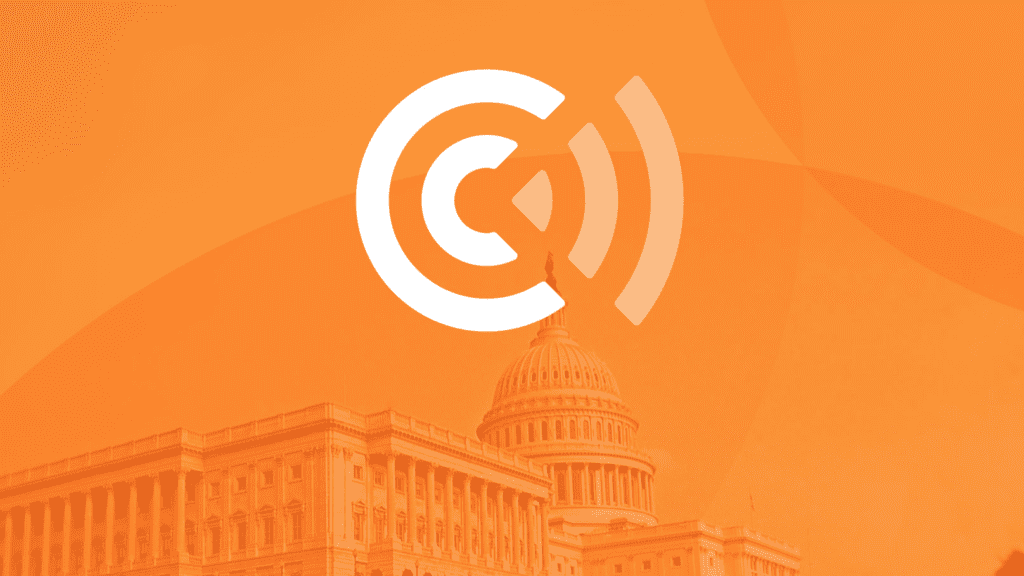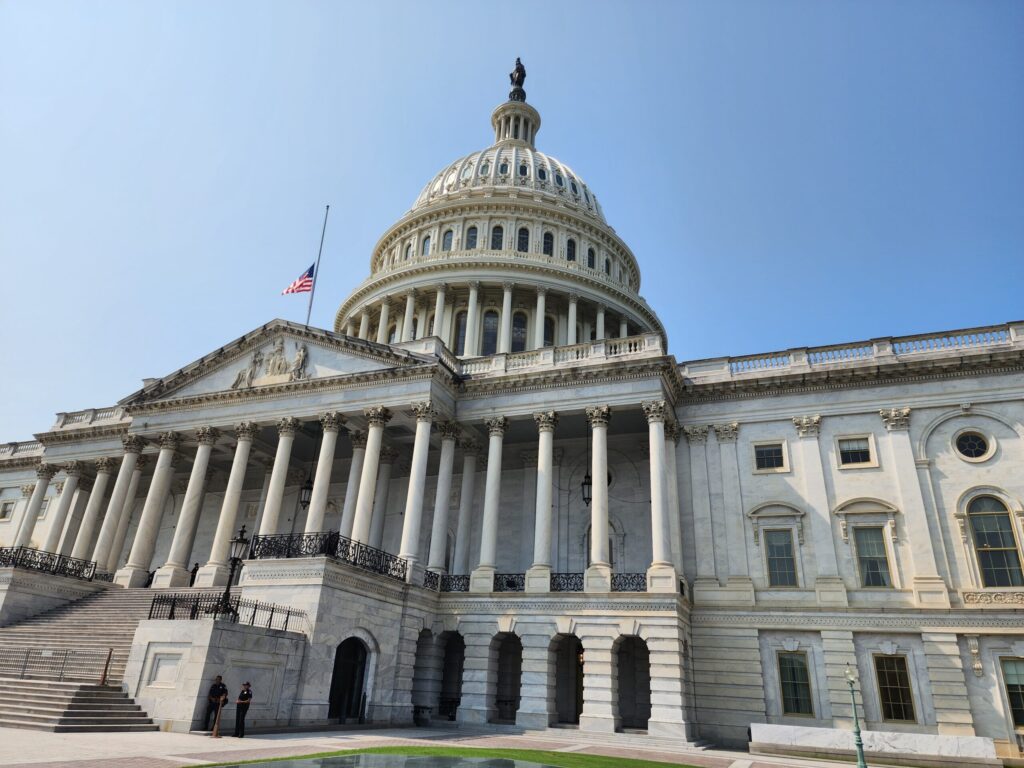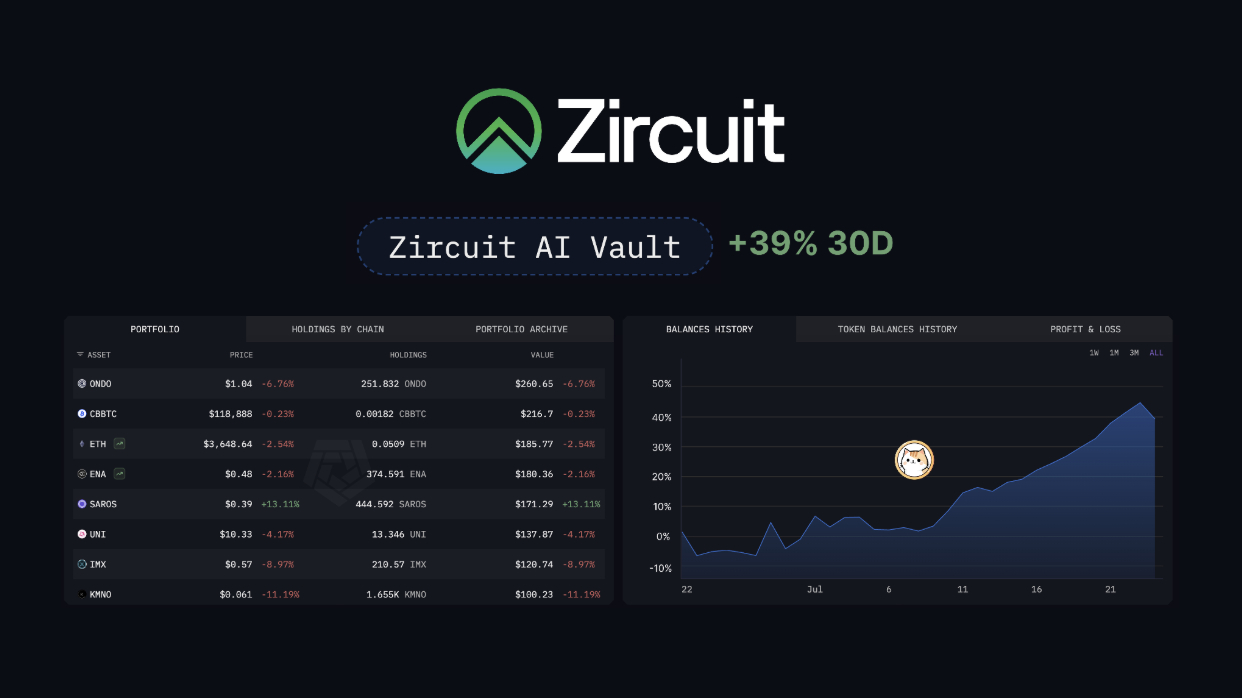Key Points:
- Crypto advocacy groups, CoinCenter and the Blockchain Association, criticize the US Senate’s “Crypto Assets National Security Enhancement Act of 2023.”
- The bill proposes strict regulations on individuals involved in decentralized finance (DeFi), making platform operators and stakeholders responsible for illegal uses of their platforms.
- Critics argue that the bill extends sanctions and Bank Secrecy Act obligations to individual developers, potentially leading to overreach and restricting free speech.
Two prominent crypto policy advocacy groups, CoinCenter, and the Blockchain Association, have expressed strong criticism of the “Crypto Assets National Security Enhancement Act of 2023” introduced in the US Senate.

The bill, titled the Crypto-Asset National Security Enhancement and Enforcement Act (CANSEE), aims to impose strict regulations on individuals involved in decentralized finance (DeFi).
If passed into law, the CANSEE Act would hold DeFi platform operators and major stakeholders accountable for any illegal use of their platforms. However, CoinCenter and the Blockchain Association believe that the bill carries significant flaws and overreaches that could have negative consequences for the crypto community.
In a joint statement, CoinCenter and its executive director, Jerry Brito, condemned the proposal as messy, arbitrary, and unconstitutional. One major concern raised by CoinCenter is that the bill would extend sanctions and Bank Secrecy Act (BSA) obligations to individual developers, giving the Secretary of the Treasury full power to decide who controls specific protocols. The proposed exemption does not adequately address this issue.
The groups also expressed apprehension over potential overreach, as the bill could result in enforcement actions against those who publish books containing code. This, CoinCenter argues, could limit free speech and stifle innovation within the crypto space.

While acknowledging the government’s intention to combat money laundering, CoinCenter believes that the bill takes a “blanket ban” approach and lacks the necessary nuance to protect individual rights. They urge the authorities to consider a more balanced and targeted approach to achieve their objectives.
The Blockchain Association also released a response to the CANSEE Act, highlighting that illegal transactions accounted for a mere 0.24% of all cryptocurrency transactions in 2022. According to the advocacy group and its CEO, Kristin Smith, current regulations already provide sufficient powers to enforce the law effectively. They deem the bill “unworkable” and simply incompatible with digital asset technology.

Both CoinCenter and the Blockchain Association expressed support for alternative efforts to prevent illicit activities, such as amendments to the National Defense Act that specifically target cryptocurrencies. The groups assert that these targeted measures would better address concerns without compromising individual freedoms and the growth of the crypto industry.
The CANSEE Act was introduced in a bipartisan manner on July 19 by members of the US Senate Banking Committee, including Democratic senators Jack Reed and Mark Warner, along with Republican senators Mike Rounds and Mitt Romney. The bill is now under review in the US Senate, where further discussions and potential amendments are expected. If enacted, it could have far-reaching implications for the DeFi space and crypto stakeholders.
DISCLAIMER: The information on this website is provided as general market commentary and does not constitute investment advice. We encourage you to do your own research before investing.























